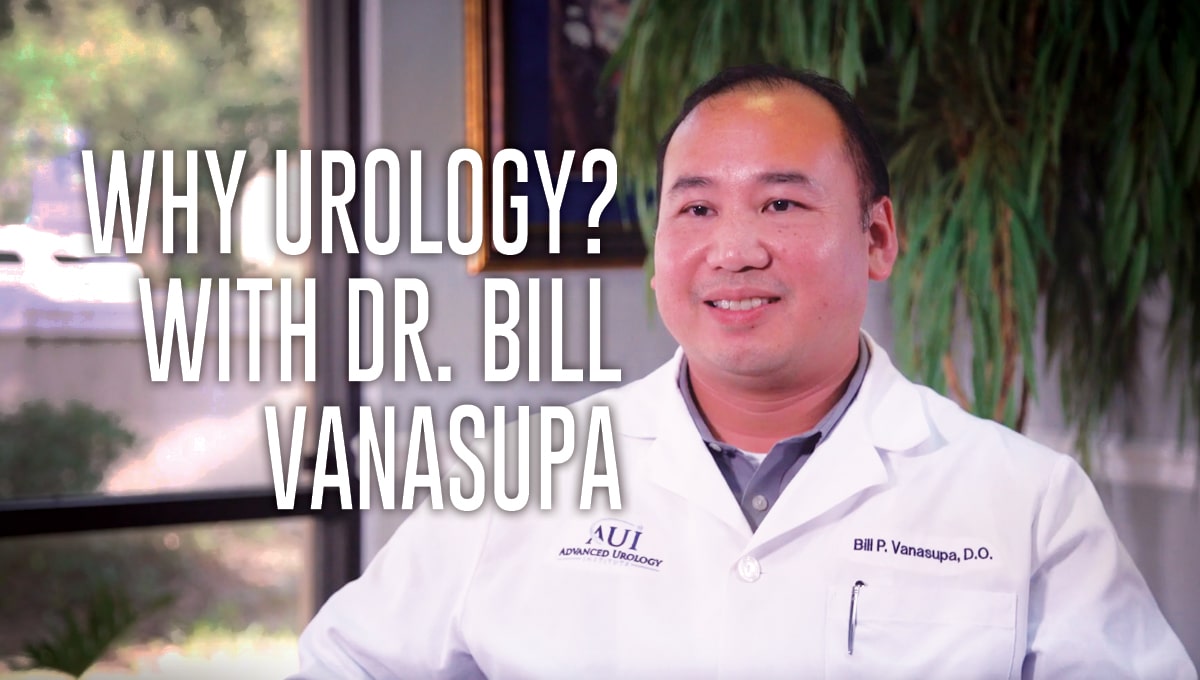 The urinary system is your body’s way of getting rid of urine. If there is something wrong with your urinary system, you may need to see a urologist. A urologist is a doctor trained and certified in treating issues with the many components of the male and female urinary systems and male reproductive organs.
The urinary system is your body’s way of getting rid of urine. If there is something wrong with your urinary system, you may need to see a urologist. A urologist is a doctor trained and certified in treating issues with the many components of the male and female urinary systems and male reproductive organs.
Urologists treat a wide range of urological issues, including problems with the bladder, kidneys or urethra. If you are a man experiencing issues with your reproductive organs—penis, testes, scrotum, and prostate—it is a urologist you will need to see. And for women, issues with the bladder and pelvis are reasons to visit this kind of specialist.
Common bladder problems that send patients to the urologist are kidney blockages, kidney stones, and urinary tract infections (UTIs.) Treatment for these issues vary from patient to patient. For instance, some patients might be able to pass a kidney stone by drinking water and moving around to dislodge it, while others may need a more advanced treatment like a high frequency ultrasound, which is an ultrasound focused on the stone to break it down into smaller, easily passable pieces, similar to sand.
For men’s reproductive health, urologists can treat Erectile Dysfunction (ED). In most cases, this condition is easily treated with oral medication, though in some patients injection therapy may be necessary. Prostate cancer, the most common cancer that affects men, is another reason that men seek out a urologist for treatment. Again, for this issue, treatment varies by diagnosis. While some men’s prostate cancer can be monitored and treated with active surveillance, others may need surgery or chemotherapy depending on the aggressiveness of the cancer.
Women are more likely to see a urologist for bladder problems, often for changes in urination after pregnancy. Pelvic organ prolapse is another potential medical issue for women. Usually caused by age, this is when either the uterus or bladder begins to drop and press into the vagina. A urologist can treat this condition to relieve the discomfort and pain it causes.
Residents of Florida have access to a leading center for the medical specialization of urology with locations throughout the state. The Advanced Urology Institute is an exceptional team of medical professionals who treat their patients’ urological issues with compassion and a commitment to the highest quality care. For more information, visit the Advanced Urology Institute website.



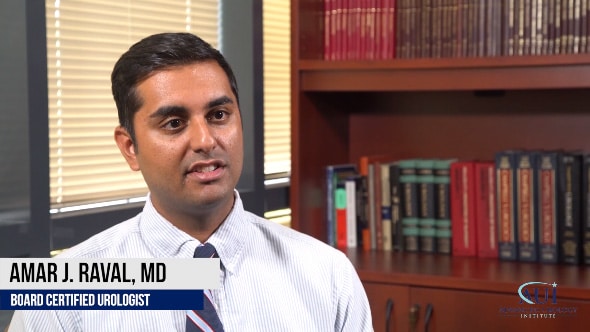 One of the biggest benefits of immunotherapy is its less severe side effects.
One of the biggest benefits of immunotherapy is its less severe side effects. 
 The bladder sphincter is made up of two muscles that control the release of urine from the bladder through the urethra. If the bladder were a reservoir, then the bladder sphincter would be the dam that holds back water and controls when it is released. The bladder sphincter is made up of two muscles, the internal and external sphincter muscles.
The bladder sphincter is made up of two muscles that control the release of urine from the bladder through the urethra. If the bladder were a reservoir, then the bladder sphincter would be the dam that holds back water and controls when it is released. The bladder sphincter is made up of two muscles, the internal and external sphincter muscles. Urinary incontinence is the loss of bladder control. It is a common yet embarrassing problem. It can be as mild as releasing a small amount of urine when you laugh or sneeze, or as serious as having the urge to urinate come on so strong and fast that you don’t have time to get to a bathroom. Problems with the bladder sphincters can cause several different forms of incontinence.
Urinary incontinence is the loss of bladder control. It is a common yet embarrassing problem. It can be as mild as releasing a small amount of urine when you laugh or sneeze, or as serious as having the urge to urinate come on so strong and fast that you don’t have time to get to a bathroom. Problems with the bladder sphincters can cause several different forms of incontinence.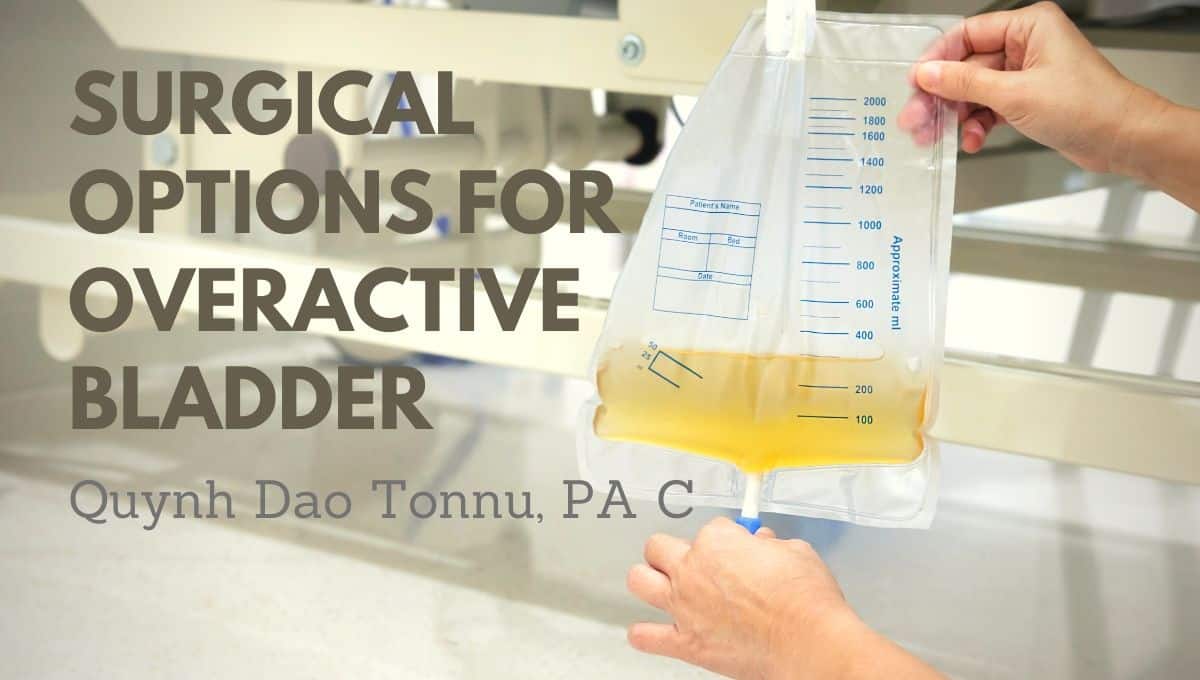
 However, for some people, these methods are not enough to ensure they can live a healthy, fulfilling life. In these situations, surgical intervention is an option to correct overactive bladder problems.
However, for some people, these methods are not enough to ensure they can live a healthy, fulfilling life. In these situations, surgical intervention is an option to correct overactive bladder problems.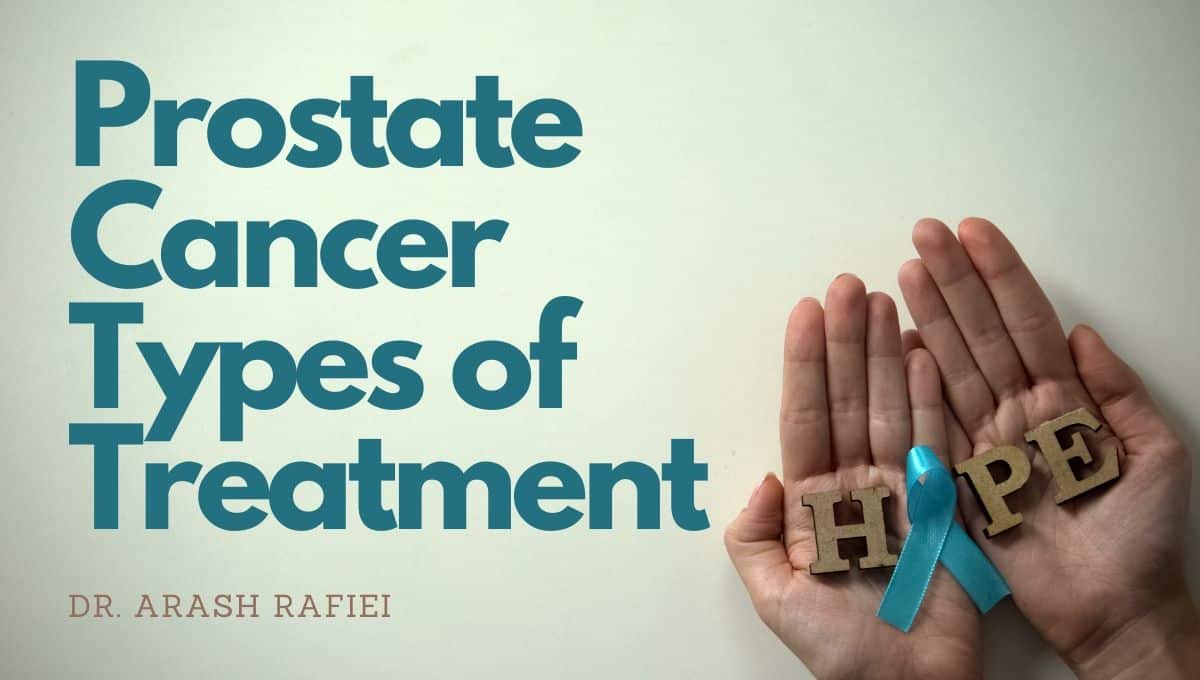
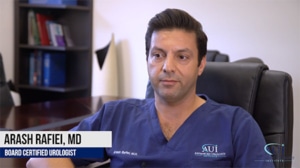 Urologists will consider their patient’s health, age, and the type cancer when deciding how to proceed. For some cases, the best treatment is none at all. When a patient has
Urologists will consider their patient’s health, age, and the type cancer when deciding how to proceed. For some cases, the best treatment is none at all. When a patient has 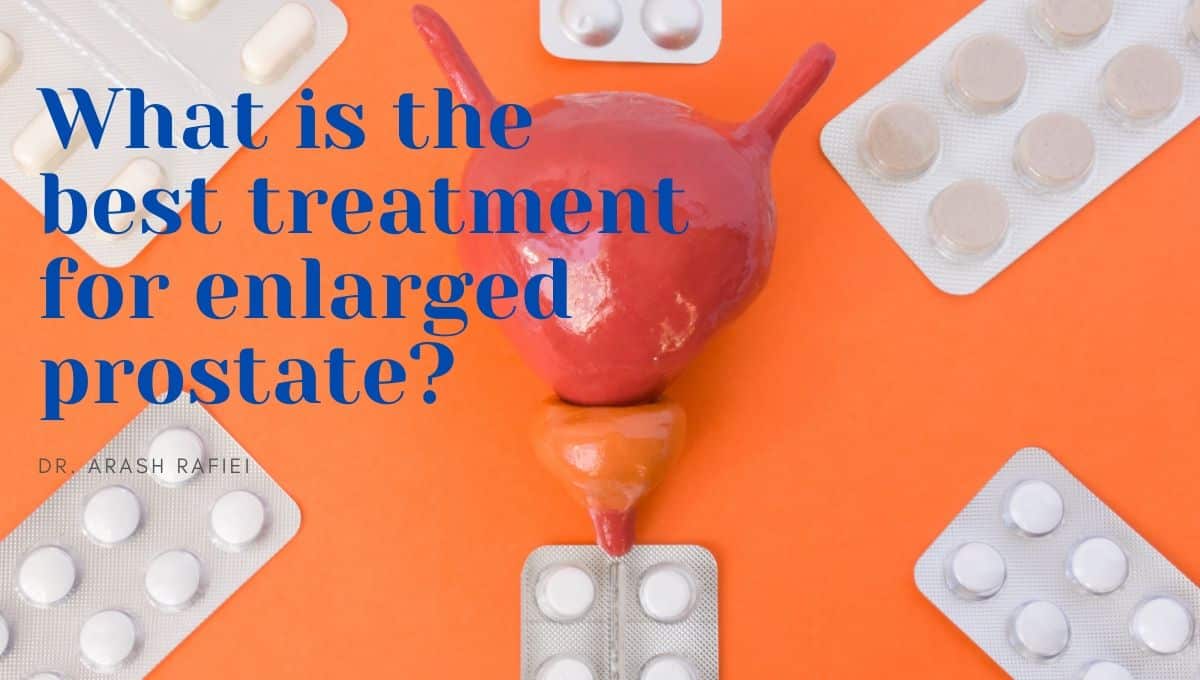
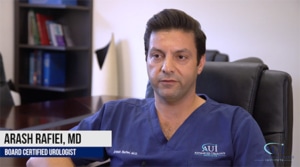 For most men, the symptoms of an enlarging prostate include the slowing of their urine stream, pushing to urinate, and having to go to the bathroom frequently. Many men also have the feeling of not fully emptying their bladder after urination. In many cases, men will find that they need to wake up multiple times in the night to go to the bathroom.
For most men, the symptoms of an enlarging prostate include the slowing of their urine stream, pushing to urinate, and having to go to the bathroom frequently. Many men also have the feeling of not fully emptying their bladder after urination. In many cases, men will find that they need to wake up multiple times in the night to go to the bathroom.
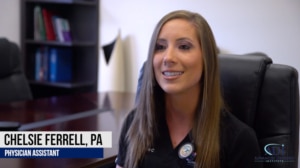 Urologists can usually diagnose
Urologists can usually diagnose 
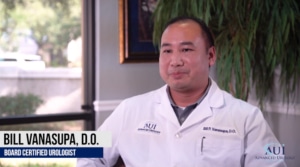 A urologist is a doctor who specializes in the urinary tract and male reproductive system. They are the doctor a patient will most likely to go to about his ED. Urologists see countless cases of ED on a regular basis, and to them it is not a major issue at all. However, good urologists understand that ED can be an embarrassing issue for their patients and they immediately begin their visits by creating a comfortable environment where doctor and patient feel at ease discussing it.
A urologist is a doctor who specializes in the urinary tract and male reproductive system. They are the doctor a patient will most likely to go to about his ED. Urologists see countless cases of ED on a regular basis, and to them it is not a major issue at all. However, good urologists understand that ED can be an embarrassing issue for their patients and they immediately begin their visits by creating a comfortable environment where doctor and patient feel at ease discussing it.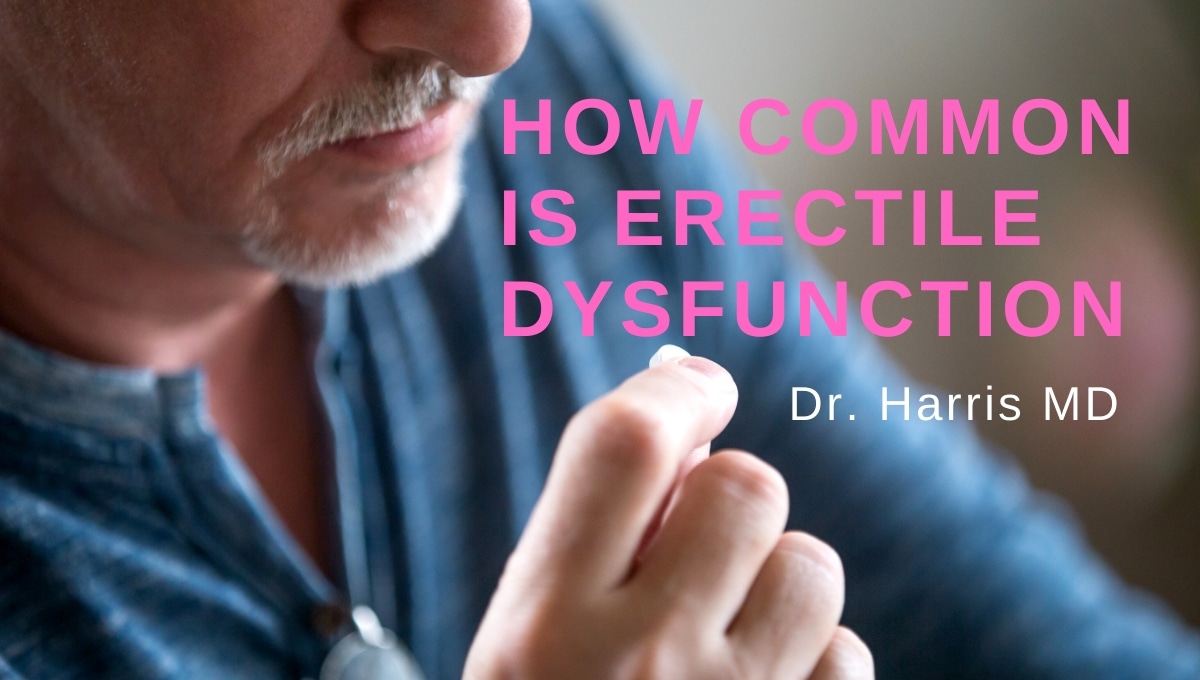
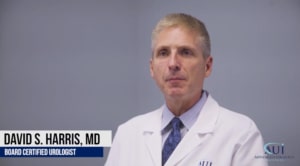 The primary
The primary 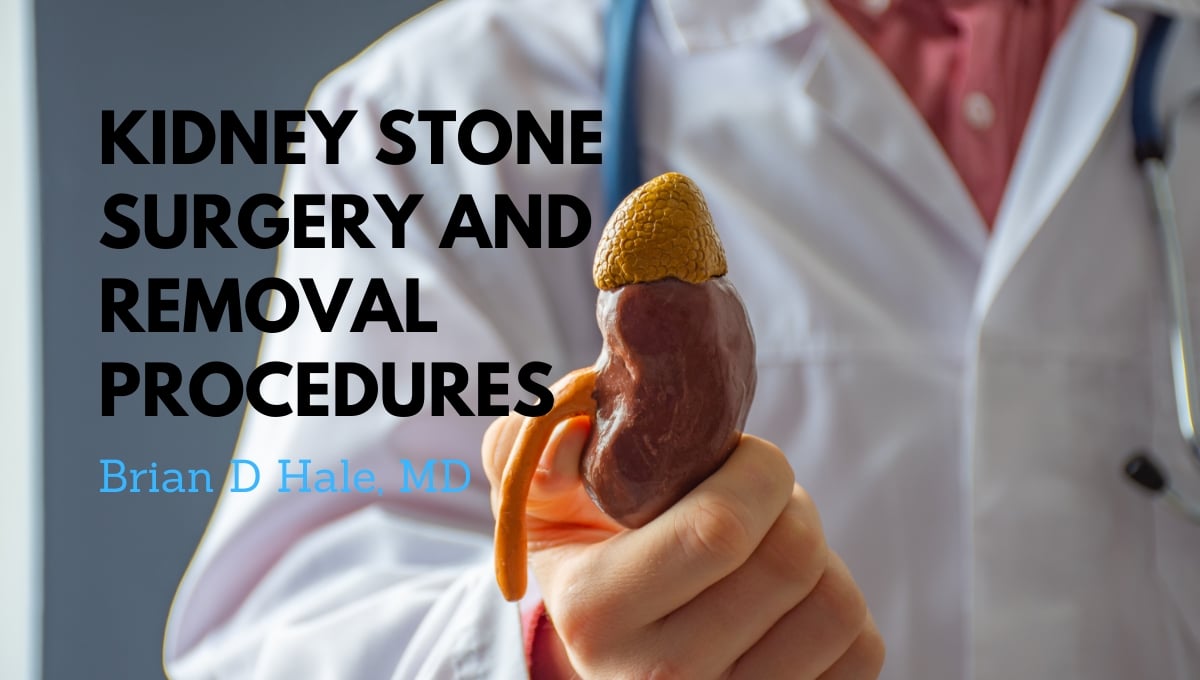
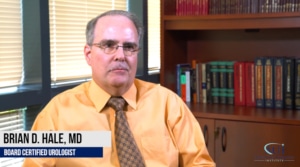 One cutting-edge and noninvasive method for treating kidney stones is called
One cutting-edge and noninvasive method for treating kidney stones is called 
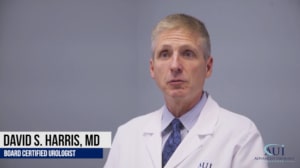 Although anyone can develop stones, there are certain factors that can indicate who gets them and how they occur. As urologist
Although anyone can develop stones, there are certain factors that can indicate who gets them and how they occur. As urologist 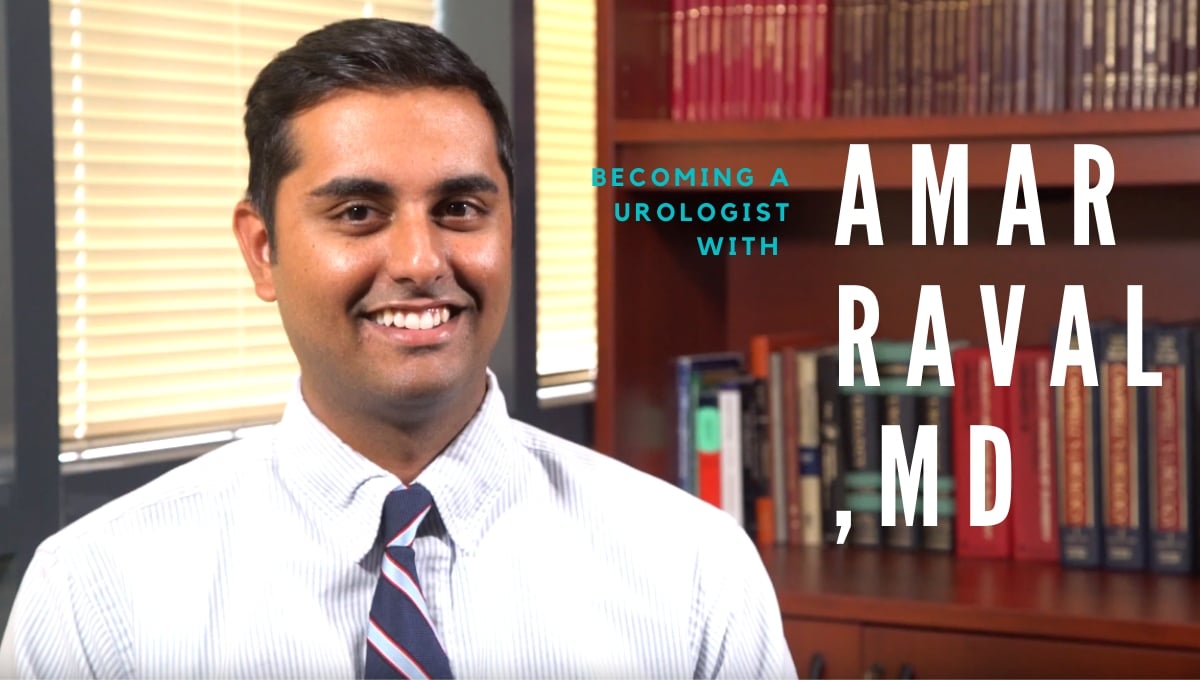
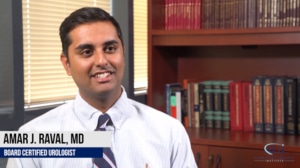 One common problem is kidney stone disease. Kidney stones form for a variety of different reasons. They are particularly common in warm climates, like Florida. Symptoms can vary, but they include severe abdominal pain, nausea, fever, chills, difficulty urinating or
One common problem is kidney stone disease. Kidney stones form for a variety of different reasons. They are particularly common in warm climates, like Florida. Symptoms can vary, but they include severe abdominal pain, nausea, fever, chills, difficulty urinating or 
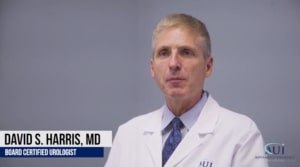 Some prostate cancers grow slowly and, in some cases, need little to no treatment. Other cancers can be aggressive and spread quickly. It is important to see your urologist often to monitor your cancer, as the best treatment for you will depend on the type of prostate cancer you have and how it reacts to treatment.
Some prostate cancers grow slowly and, in some cases, need little to no treatment. Other cancers can be aggressive and spread quickly. It is important to see your urologist often to monitor your cancer, as the best treatment for you will depend on the type of prostate cancer you have and how it reacts to treatment.
 Although they may not be doctors, physician assistants have some of the most important jobs in healthcare and carry a great deal of responsibility. They assist with surgeries, see patients independently and take an active role in decision making with the doctors. They are an important part of the patient experience and share in the satisfaction of participating in overall patient care.
Although they may not be doctors, physician assistants have some of the most important jobs in healthcare and carry a great deal of responsibility. They assist with surgeries, see patients independently and take an active role in decision making with the doctors. They are an important part of the patient experience and share in the satisfaction of participating in overall patient care.